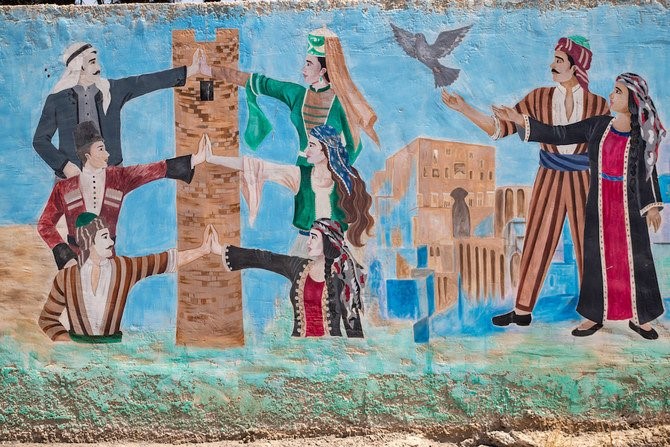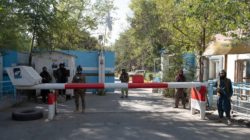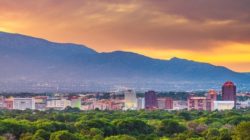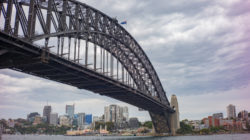RAQQA, Syria – It has been five years since the Syrian Democratic Forces hoisted their flag in Raqqa’s main plaza, which had been the capital of Daesh for four years. Raqqa’s streets and squares had witnessed horrors such as beheadings, torture, and other horrible deeds.
The world’s media, which had been watching the campaign to liberate the city with bated breath, almost instantly packed up and went once Raqqa was liberated from the terror group, leaving the people alone in the ruins of their once-great city.
Cultural flowers, however, are blooming among the ruins. Despite the stain left by Daesh, groups of writers, artists, and intellectuals are working hard to revive Raqqa’s culture.
Raqqa’s environs have been inhabited since the third millennium B.C. In 796 A.D., the Abbasid caliph Harun Al-Rashid, himself a lover of culture and history, chose the city as the site of his imperial residence.
Despite the fact that the city has been devastated six times in its long history, many of its centuries-old historic sites still stand as a tribute to its significance.
When Daesh marched into Raqqa in 2014 and declared it its capital, the local creative and cultural community was paralyzed by dread.
“When the armed groups arrived, our group disbanded.” We couldn’t sing or dance. “I was arrested twice by Daesh,” traditional singer Melek Muhammad Al-Saleh told Arab News.
“The militants accused me of blasphemy. “They said it was haram, that it was Satan’s work,” he added, puzzled.
“They come to destroy and erase our culture,” Al-Saleh said more seriously. They completely demolished our museum. They shattered and ruined all of our treasures.
“They were dispatched to erase the history of this city and country because they themselves have no history; they have no opinions or ambitions.” Their main purpose was to destroy.”
Al-Saleh had a long and famous career as a traditional singer. In the 1990s, after returning to Raqqa from Aleppo, he formed the seven-member musical group Njoom. The group performed at weddings and cultural festivals throughout Syria, not just in Raqqa governorate.
When Daesh arrived, the city’s strong culture and legacy were attacked. All cultural centers were transformed into departments for Daesh’s numerous bureaus. They confiscated and destroyed musical instruments from people’s houses. Cassettes, CDs, and televisions were all destroyed. Weddings in Raqqa, which were once joyful occasions complete with music and dancing, have become hushed and solemn.
Daesh questioned Al-Saleh, accusing him of having “lost God” and threatening to behead him. The group was surprised to learn that Al-Saleh was a devout Muslim who was well-versed in Islamic doctrine. “I spent 12 hours with them. I discussed religion with them. My faith was strong, but not theirs. “They were mistaken,” he said.
“They were startled; they questioned me how a singer could know so much about religion, because they claimed singers were unbelievers,” he said. They requested that I serve as a judge for them.”
Al-Saleh was eventually released after refusing to work for the gang. He continued to perform, but in discreetly – his group’s musical concerts were held at night inside private homes, generally with a guard stationed outside on the lookout for Daesh patrols.
As Raqqa rebuilt, the new Autonomous Administration of North and East Syria’s cultural departments began looking for the city’s remaining artists. Al-Saleh was admitted to the Artists’ Union and proudly displayed his union ID card.
Source: Arab News






